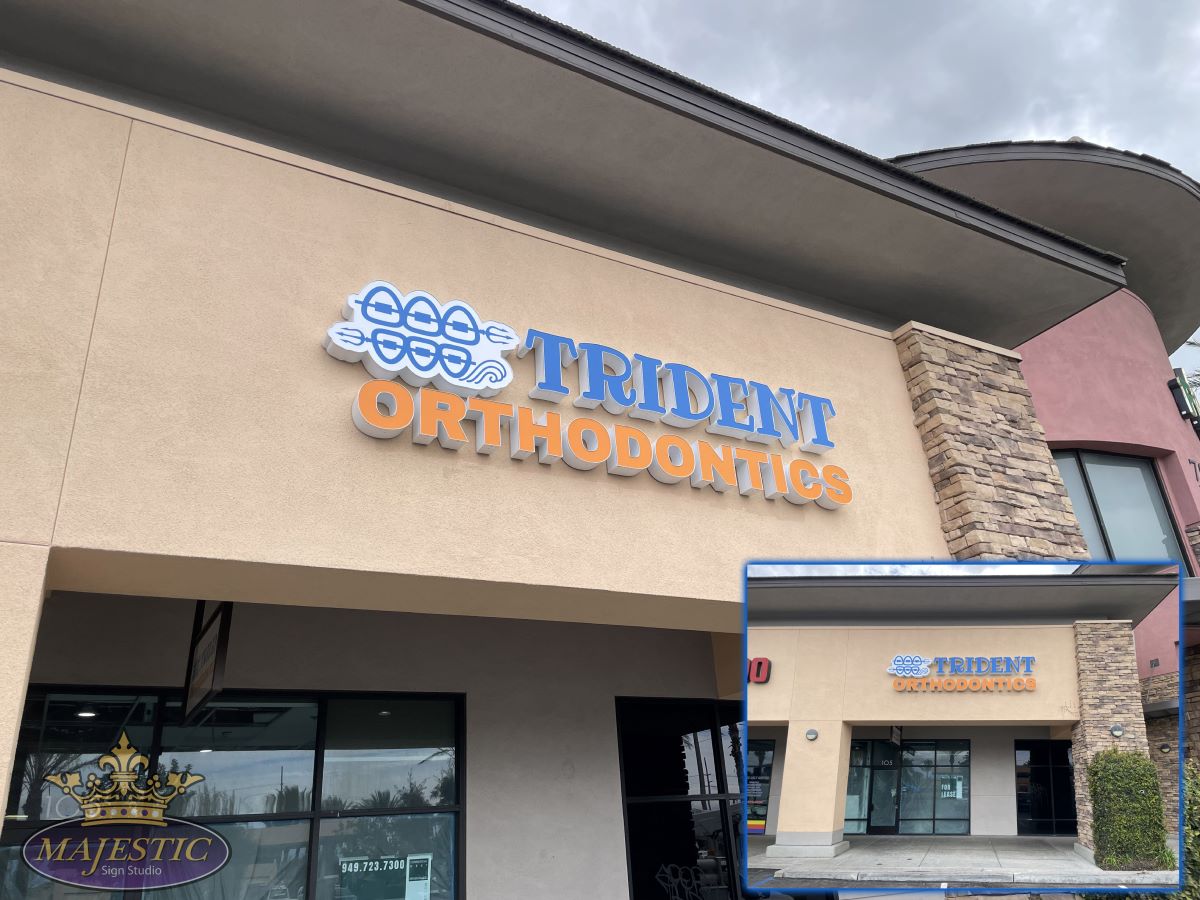Store signs are more than just markers indicating the name of your business; they are powerful tools that can attract customers, convey your brand message, and enhance the overall shopping experience. But what exactly makes a store sign effective, and how can you make the most out of yours? Let’s dive in.
What Are Store Signs?
Store signs are visual displays that represent your business. They can be placed outside or inside your store and come in various shapes, sizes, and materials. From simple text signs to elaborate digital displays, store signs serve as the first impression your customers have of your business.
Importance of Store Signs
Imagine walking down a busy street filled with shops. Which stores catch your eye? Most likely, the ones with attractive and clear signage. Good store signs can draw customers in, provide essential information, and create a lasting impression. They are crucial for both brand identity and customer attraction.
Types of Store Signs
Exterior Store Signs
Exterior signs are vital for catching the attention of passersby. Here are a few popular types:
Wall Signs
Mounted directly on the exterior of your building, wall signs are prominent and easily visible. They can be customized to match your brand’s colors and design.
Awning Signs
Awning signs provide both shade and advertising space. These are often used in cafes and boutique stores for their classic and appealing look.
Blade Signs
Perpendicular to your storefront, blade signs are easily seen by pedestrians walking along the sidewalk. They are perfect for busy streets with heavy foot traffic.
Interior Store Signs
Inside your store, signage helps guide customers and enhance their shopping experience.
Directional Signs
These signs help customers navigate your store, pointing them to different sections or departments.
Promotional Signs
Promotional signs highlight sales, new arrivals, or special offers, encouraging impulse buys and boosting sales.
Menu Boards
Common in restaurants and cafes, menu boards display your offerings clearly and attractively.
Materials Used in Store Signs
Choosing the right material for your store sign is crucial for durability and aesthetics. Here are some popular options:
Acrylic
Acrylic signs are versatile, durable, and provide a sleek, modern look. They can be used for both illuminated and non-illuminated signs.
Metal
Metal signs, such as aluminum or steel, are robust and have a sophisticated appearance. They are ideal for high-end brands or businesses wanting a polished, professional look.
Wood
Wooden signs offer a rustic charm, perfect for boutique stores or restaurants looking to create a warm, inviting atmosphere.
Vinyl
Vinyl is an affordable and flexible material, often used for banners and temporary signs. It’s great for promotions and events.
Designing Effective Store Signs
Creating a store sign that stands out involves several key elements:
Choosing the Right Colors
Colors play a significant role in sign visibility and brand recognition. Choose colors that contrast well with the background and reflect your brand identity.
Font Selection
The font you choose should be easy to read from a distance. Avoid overly decorative fonts that may be hard to decipher quickly.
Incorporating Brand Elements
Your sign should reflect your brand’s personality. Incorporate logos, slogans, or unique design elements that make your brand recognizable.
Lighting Considerations
Lighting can make or break a store sign, especially at night. LED lighting is a popular choice for its brightness and energy efficiency.
Benefits of Store Signs
Increased Visibility
A well-designed sign ensures your store stands out in a crowded market, drawing in more foot traffic.
Brand Recognition
Consistent and attractive signage helps customers remember your brand, encouraging repeat business.
Customer Attraction
Clear and engaging signs attract potential customers, prompting them to enter your store and explore your offerings.
Providing Information
Signs can convey essential information like store hours, special promotions, and directions, enhancing the customer experience.
Challenges in Store Signage
Local Regulations
Different areas have various regulations regarding sign size, placement, and illumination. Ensure you comply with local laws to avoid fines.
Maintenance
Regular maintenance is essential to keep your signs looking fresh and functional. Weather conditions can cause wear and tear over time.
Cost Factors
High-quality signs can be expensive, but they are an investment in your business’s visibility and branding. Budget accordingly to get the best results.
Innovative Store Sign Trends
Digital Signage
Digital signs are becoming increasingly popular for their versatility and dynamic content. They can display videos, animations, and real-time updates.
Eco-Friendly Signs
With a growing focus on sustainability, eco-friendly signs made from recycled or biodegradable materials are gaining traction.
Interactive Signs
Interactive signs engage customers through touch screens or mobile integration, creating a unique and immersive shopping experience.
Case Studies of Effective Store Signs
Small Business Examples
Local boutiques and cafes often use creative and personalized signage to attract their target audience. For instance, a small bakery might use a charming chalkboard sign to showcase daily specials.
Large Retail Chains
Big brands like Starbucks and Apple invest heavily in signage that reflects their global brand image while being adaptable to local cultures and aesthetics.
Conclusion
Store signs are a critical aspect of any retail business. They are not just about displaying your store’s name; they are powerful marketing tools that can drive traffic, boost sales, and enhance brand recognition. By understanding the different types, materials, and design strategies, you can create effective signs that truly represent your business and attract customers.
